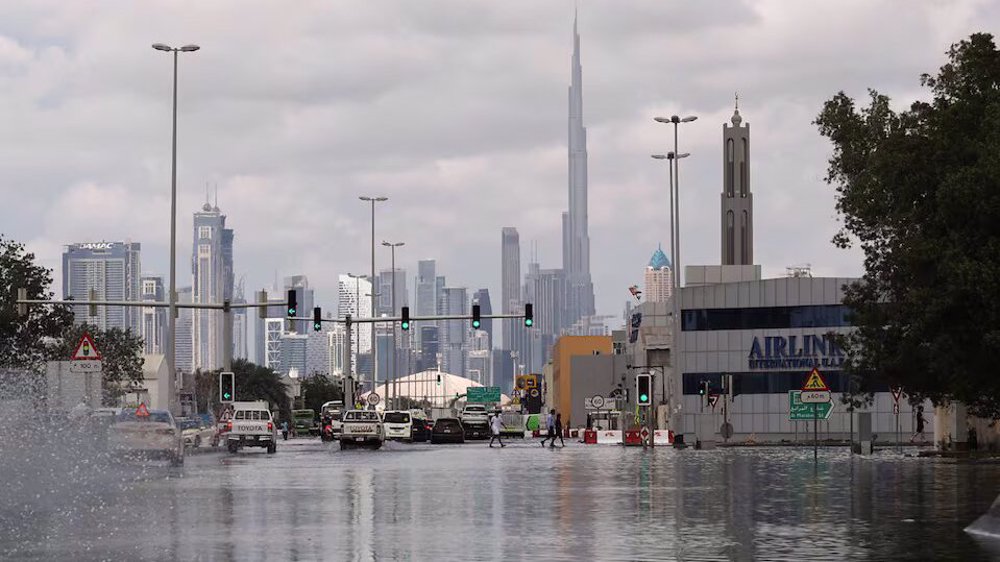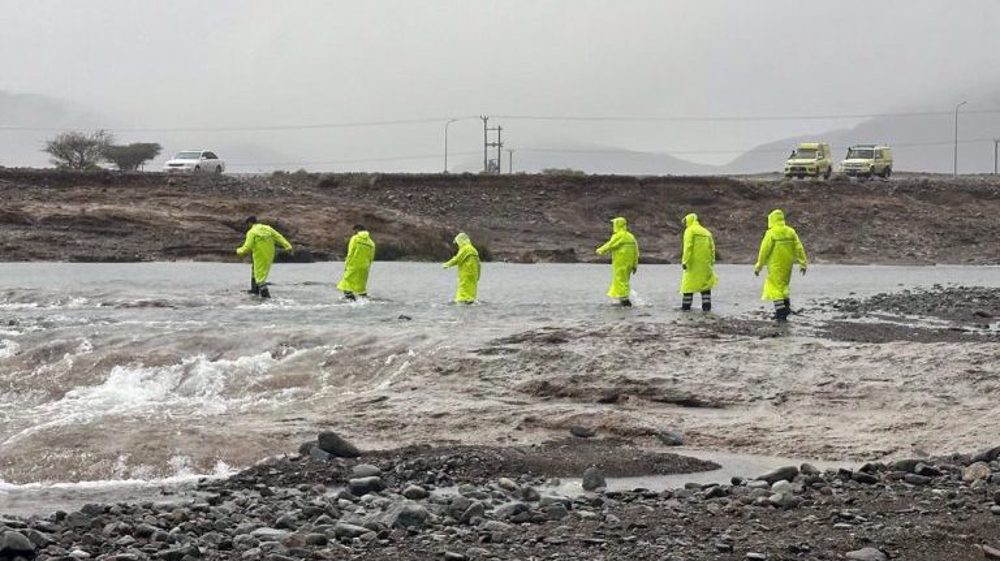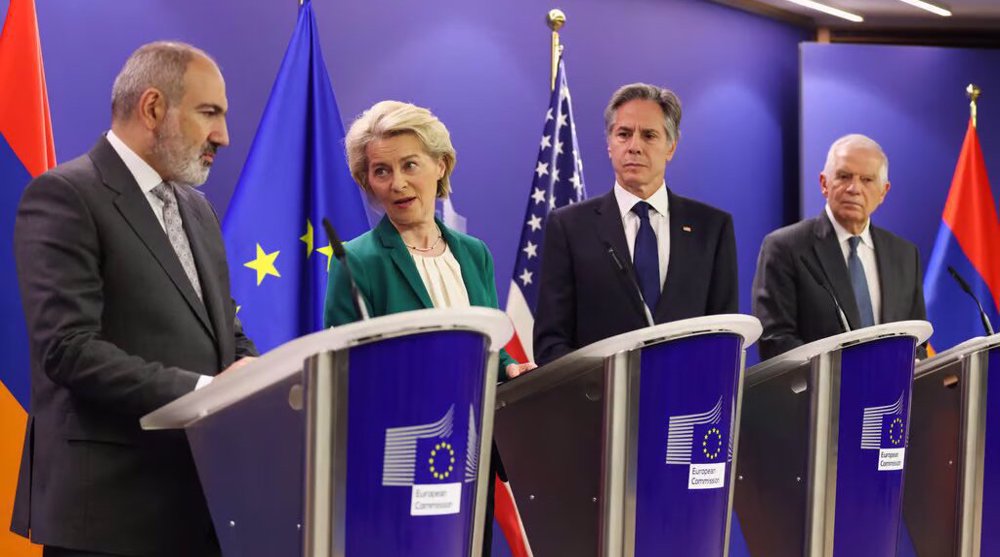Yemen peace talks need to be extended: Houthis
Yemen’s Houthi Ansarullah movement has called for an extension of the peace talks with the Saudi-backed former regime officials in Kuwait, saying the planned two-week time for the negotiations is quite insufficient to reach a comprehensive solution.
Houthis’ chief negotiator Mohammed Abdulsalam made the remark in an interview with the Kuwaiti newspaper Al Rai on Sunday, over a week after the Houthis resumed UN-brokered peace talks with representatives of the resigned president, Abd Rabbuh Mansur Hadi, in Kuwait following weeks of deadlock.
“It is up to the host country, Kuwait, and the United Nations, to extend the negotiations, but as we told earlier, a two-week time is wasting time since it is not long enough to discuss so many details... Lots of sessions are needed,” Abdulsalam said, adding that the movement would welcome direct talks with Saudi officials to resolve border disputes.
He also criticized the current round of peace talks for concentrating on military and security issues and neglecting the political matters.
Ansarullah’s top negotiator insisted on the necessity of establishing a presidency council, which would be followed by the formation of a national coalition government, comprising all parties and groups in Yemen.
He said according to Ansarullah, a political solution to Yemen’s crisis would require a transitional period of 18 months or even two years, which, in turn, would lead to holding general elections and forming a government.

Elsewhere in the interview, Abdulsalam strongly rejected allegations leveled against the Houthi movement regarding invading the Saudi holy city of Mecca and killing Sunni people. He also firmly denied Iran’s role in Yemen’s crisis.
“Today, it is clear that these allegations are completely baseless and Iran’s support of the movement is confined in the media,” the Houthi official said.
“Even our weapons and ballistic missiles are either domestically-made or are Russian ones, which Yemen had previously bought for its army,” Abdulsalam said, adding that the UN sent a team to investigate Iran’s alleged military role in Yemen, but the team did not find any evidence in support of the allegation.
The first round of the peace talks on Yemen started on April 21, and was held against the backdrop of a shaky ceasefire that had taken effect on April 10.

Retaliatory attacks
Five Saudi soldiers, including a commander, were killed in retaliatory attacks carried out by Yemeni forces in the Najran region of Saudi Arabia as well as the Yemeni province of Ta’izz on Sunday.
Also in Ta’izz, at least ten civilians, including women and children, were killed and a number of others sustained injuries when their house was targeted by a Saudi airstrike.
Saudi Arabia’s deadly campaign against Yemen was launched on March 26, 2015, in a bid to reinstate Hadi, a staunch ally of Riyadh, and crush the Houthis. More than 9,400 people have been killed ever since.
Iran, Jordan underline need to stop Israel’s genocidal war on Gaza
Iran’s response to Israel will be ‘immediate, at maximum level’: FM
Gaza: No place for children
Voters begin casting ballots in weeks-long election in India
Venezuela slams US over reimposition of 'criminal' oil sanctions
April 18: ‘Axis of Resistance’ operations against Israeli occupation
Blinken ignoring staff recommendation to cut US aid to Israel: Report
Report: Israeli warplanes bomb positions in southwestern Syria, Iraq












 This makes it easy to access the Press TV website
This makes it easy to access the Press TV website